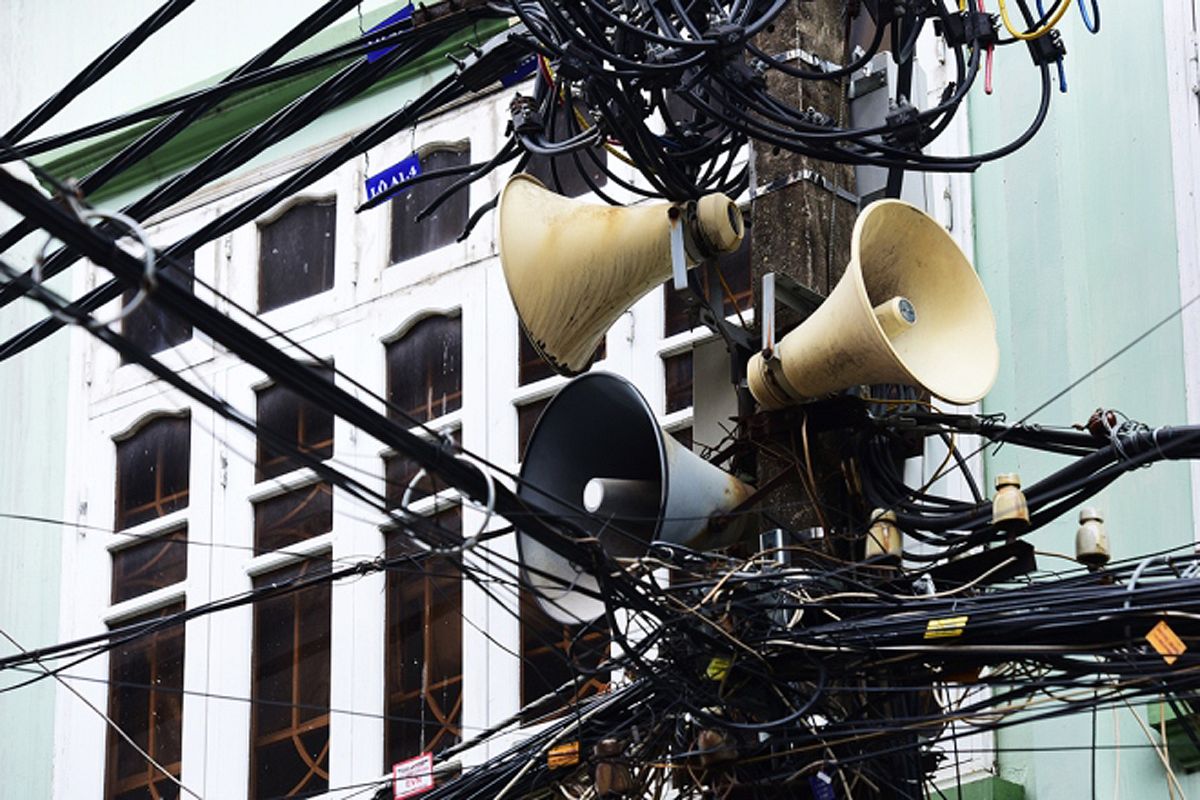Despite having the most gender-diverse work environment in Asia, Vietnam is faring poorly when it comes to the gender gap, according to a new report.
On November 2, the Swiss-based World Economic Forum (WEF) launched its 2017 Global Gender Gap Report revealing that after a decade of steady progress, 2017 was not a successful year in terms of bridging the equality gap. In fact, the gap is widening.
According to the WEF, the gender gap is “the difference between women and men as reflected in social, political, intellectual, cultural, or economic attainments or attitudes. The Global Gender Gap Index aims to measure this gap in four key areas: health, education, economics and politics.” At its current rate of growth, global equality will not materialize until 2234. This figure is even more startling as just last year it was predicted that equality was 83 years away.
On the whole, the East Asia and Pacific region ranked has an average remaining gender gap of around 32%, scoring in the middle of the Global Gender Gap range. The Philippines (10th) and New Zealand (9th) scored in the top ten, both having closed 79% of the total gap. The region scores the lowest globally in the sub-index of Health and Survival, with only three countries – Cambodia, Japan, and Mongolia – having fully closed this gap.
Vietnam, however, ranked 69th. This is down four spots from last year. Despite scoring very high in both Education and Health and Survival, the job placement heavily favors men. The largest gaps were in legislation and management, parliament, and ministry. Of course, Vietnam also lost points for never having had a female head of state.
It is clear, though, that Vietnam is becoming increasingly aware of the need for gender equality. "Women’s participation in business—whether as consumers, producers, workers or distributors—is critical," said Dao Quang Vinh, Director General of the MOLISA’s Institute of Labour Science and Social Affairs, at the APEC Seminar on Women as Prime Movers of Inclusive Business in Hue City at the end of September.
The rest of the Asia-Pacific region had varying performance. Since last year’s report, Cambodia jumped 13 spots from 112th to 99th, and Thailand jumped six spots from 71st to 65th. The lowest ranking performers in the region were Japan (114th), South Korea (118th), Fiji (125th), and Timor-Leste (128th), which demonstrates that regardless of how economically powerful a country is, gender inequality can flourish.
This idea is further underlined as many G20 countries fared poorly. The highest-ranking G20 country was France (11th). The United States, on the other hand, dropped four spots to 49th.
Iceland took the top spot for the ninth year running, followed by Norway and Finland. Rwanda took the fourth spot, followed by another Nordic country, Sweden, in fifth place.
Syria, Pakistan, and Yemen were the bottom three internationally.
[Photo via VnExpress]















